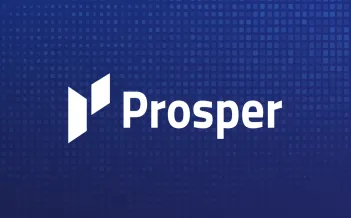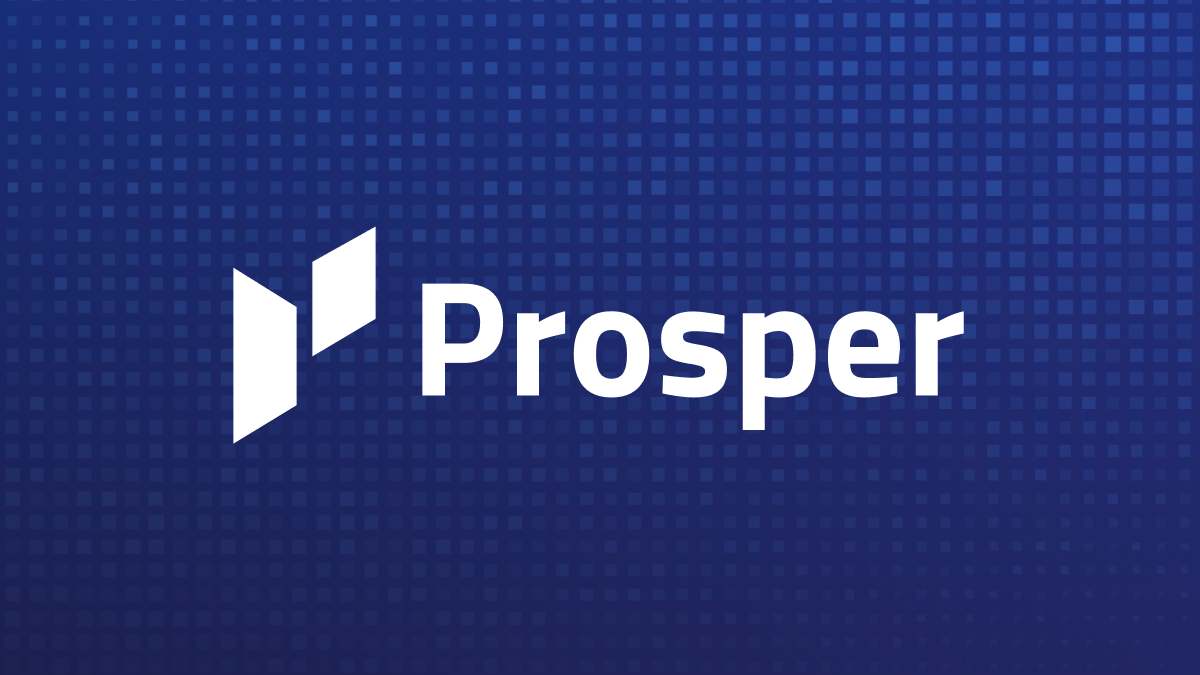The UK water sector is entering a new era. And it’s not just policy-level changes that are making waves. Real, measurable impact is already visible on the ground:
- Over 2.6 million smart meters have been deployed across England and Wales, with Thames Water accounting for 1 million+ in the London area alone.(1)
- Aggregate water savings now exceed 75 million litres per day, and this figure is expected to grow as rollouts accelerate toward tens of millions of meters by 2030.(2)
- Households with smart meters have reduced usage by 12–17%, delivering both conservation gains and cost savings.(3)
- Research by Waterwise and Arqiva (commissioned by Frontier Economics and Artesia) estimates that sustained rollouts of ~1 million meters per year could generate £1.9 billion in net societal benefit.
- Full-scale smart meter deployment is expected to yield £4.4 billion in public benefit against a £2.5 billion cost, equating to £1.70–£1.80 of benefit per £1 invested.(4)
This is not just a technological update. It is both environmentally and strategically necessary. These numbers demonstrate why smart metering is central to the biggest regulatory change in decades.
Utilities and their operational partners face both complex challenges and previously unheard-of opportunities as the government gets ready to eliminate Ofwat and implement extensive reforms. The stakes couldn't be higher—and neither could the potential rewards.
How did we get here
The water sector in England and Wales has truly hit a tipping point.
The need for change is greater than ever as the UK's 25% leakage rate leaking billions of litres every day(4), household bills are projected to rise by 26-36% by 2030 (5), and water companies facing £158 million in fines for failing to meet performance targets(6).
Prolonged underinvestment, pollution scandals, and public discontent have all led to strong government action. The industry can no longer afford the accountability gaps brought about by the disjointed oversight across several agencies.
A landmark review has responded by calling for a comprehensive overhaul that would do away with Ofwat as it currently exists and replace the current disjointed governance with a single authority.
A critical recommendation? Widespread adoption of smart water meters, to encourage efficiency, foster accountability, and advance environmental objectives.
The Big Overhaul: Key Takeaways from the Review
The comprehensive reform package addresses every aspect of water sector governance:
- Single Regulator for Water: By uniting Ofwat, the Environment Agency, the Drinking Water Inspectorate, and Natural England under a single authority, jurisdictional ambiguity will be removed, and distinct accountability chains will be established.
- Mandatory Smart Meter Rollout: Unlike earlier voluntary initiatives, this will provide extensive coverage throughout England and Wales and the real-time data infrastructure required for contemporary water management.
- Stronger Customer Protection: Introduction of a legal ombudsman and national social tariff system will solve issues of affordability while guaranteeing that those who are most in need of assistance receive it.
- Regional Planning Bodies: Using comprehensive 25-year vision frameworks, the new infrastructure coordination mechanisms will carry out the long-term water strategy.
- Stricter Environmental, Financial and Operational Governance: Enhanced oversight aimed at preventing underinvestments and pollution incidents that have eroded public confidence.
With data, accountability, and customer outcomes at the forefront, these reforms mark a significant shift in the way the water sector functions.
Why Smart Metering Is Central to the Reform
Smart meters are more than just some devices, they are catalysts of systemic change. Their real-time data capabilities allow utilities to:
- Detect and fix leaks faster, improving water loss control
- Support household behaviour change, enabling 12-17% usage reduction
- Enable targeted billing and social tariffs, protecting low-income groups
- Reduce carbon emissions, by lowering energy demand in treatment and distribution
- Build customer trust by providing accurate billing and transparent usage.
Most importantly, smart meters support broader regulatory goals: environmental sustainability through conservation, transparency through real-time monitoring, and customer empowerment through usage visibility and control.
Take the example of Thames Water. While it only covers the London area, its early smart meter programme has already demonstrated what’s possible, delivering double-digit usage reduction and forming the basis for targeted conservation and maintenance campaigns.
As the government mandates smart meter deployment across England and Wales, this capability will no longer be a differentiator, it will be the default expectation for all water providers.
Smart meters are not just a regulatory checkbox, they’re an essential, high-ROI investment in the future of water management.
What Does This Mean for Utilities & Outsourcing Partners
The smart meter mandate represents far more than device installation. It's about achieving scale, speed, and exceptional customer experience across a national rollout of unprecedented scope. Such a revolutionary move will require coordinated, large-scale execution, where utilities and their outsourcing partners will play critical, interdependent roles.
Outsourcing partners will become strategic facilitators in four critical areas:
- Large-Scale Campaigns for Customer Outreach and Education: Building public understanding and acceptance through comprehensive communication strategies that highlight advantages and address concerns.
- Extensive On-Ground Field Operations: Coordinating effective installation across diverse geographic regions while upholding constant quality standards and service continuity.
- Post-Installation Customer Support and Data Analysis: Providing continuous technical support, troubleshooting, and analytical skills that optimize system performance and customer satisfaction.
- Compliance and Quality Assurance: Ensuring every installation satisfies performance requirements, customer data protection requirements, and regulatory standards throughout the deployment process.
Operational agility, customer empathy, and compliance rigour will be critical differentiators to consider here.
Our Proven Capabilities
At Firstsource, we bring extensive experience in coordinating high-volume installations across the UK, with deep understanding of the complex operational, regulatory, and customer dynamics that determine programme success.
Our proven expertise includes:
- End-to-End Scheduling and Field Coordination: Advanced logistics management that maximises installation efficiency while taking customer preferences and regional variations into account.
- Customer Communication Scripting and Support: Comprehensive communication procedures that build trust, resolve issues, and guarantee seamless installation processes.
- Technician Enablement and Schedule Optimization: Advanced workforce management systems that optimize output while upholding superior customer service and quality standards.
- Troubleshooting and Follow-Up Protocols: Strong support frameworks that promptly address problems and preserve long-term system performance.
- Deep Regulatory and Operational Context Understanding: Comprehensive knowledge of sector requirements, compliance frameworks, and customer expectations is essential for programme success.
We understand the regulatory, operational, and customer experience nuances that matter and have built systems to deliver consistency and scale.
Opportunities and Operational Challenges
The smart meter rollout presents a rare convergence of policy momentum, environmental urgency, and technological readiness. For forward-thinking utilities and partners, this is the time to reimagine their operating models and create long-term value, not just react to regulation.
Opportunities:
Smart metering gives utilities the strategic leeway they need to take the lead in customer trust, digital innovation, and sustainability.
- Early-mover advantage: By planning proactively for early rollout implementation, utilities can create a competitive edge. In doing so, they can secure available funding, shape national rollout frameworks, and position themselves as leaders in the industry.
- Stronger partnerships: Engaging outsourcing and technology partners early can demonstrate a prepared blueprint around building resilient delivery ecosystems that can scale as regulatory deadlines are finalised.
- Sustainability branding: Reiterating ESG positioning and enhancing public trust can be achieved by demonstrating tangible effects through carbon and water reductions.
Challenges:
However, scaling smart metering across geographies and clientele adds operational complexity that needs to be managed carefully.
- Oversight gaps during transition: As various regulatory bodies combine and regulatory frameworks change, the transition phase may result in brief oversight ambiguities.
- Data governance complexity: Quality control and comprehensive documentation will be crucial for maintaining standards during the changeover. With every meter generating continuous usage data, providers must ensure that systems are secure, interoperable, and GDPR-compliant.
- Workforce skill gaps: Successful rollout requires not only trained installers but also informed contact centre teams, data handlers, and compliance personnel which could demand significant upskilling.
- Cross-regional logistics: From meter supply chains to scheduling field engineers across urban and rural zones, the logistics of rollout at scale will require tight orchestration.
In order to successfully navigate these opportunities and challenges, utilities must focus on a few key enablers.
Establishing reliable, consistent data capture and transfer procedures must be a top priority in order to prevent problems with downstream billing and reporting. Ensuring that the workforce is prepared for the future is equally important, not only in terms of technical expertise but also in terms of their understanding of customer expectations and the regulatory environment.
Privacy must also be highly prioritized, with built-in safeguards for data protection and consent management across every customer touchpoint.
Finally, effective smart metering delivery will need strong coordination between internal departments and regional delivery partners, with shared visibility, aligned SLAs, and responsive escalation mechanisms.
Building Smart Metering Operations of the Future
As the Water Reform Bill prepares to shape the next phase of implementation, it is imperative to actively monitor its development and upcoming regulator consultations for rollout timing specifications, performance standards, and compliance requirements. Organisations must adapt operational plans as regulatory frameworks evolve. Utility Companies and Partners Must:
- Stay Informed on Policy Timelines and Infrastructure Guidelines: Continue to participate actively in industry consultations and regulatory developments that influence implementation requirements.
- Invest in Workforce Upskilling: Provide training and certification to the field workers, as well as new scripts for support teams. Regulatory literacy, providing exceptional customer service, and data protocol management that conforms to industry standards are priority areas.
- Build Agile, Customer-First Delivery Models: Create flexible operational frameworks that balance efficiency with exceptional customer experience throughout the installation and support process.
- Strengthen Internal Systems: Advanced installation tracking and data flow capabilities that ensure regulatory compliance while optimising operational effectiveness.
For outsourcing providers, this is a strategic inflection point, to demonstrate strategic value as end-to-end smart metering transformation partners rather than mere operational support providers.
Seize the Moment!
This water sector shake-up is about more than regulatory reform. It’s a once-in-a-generation opportunity to reshape how water is managed, consumed, and conserved across England and Wales.
Smart meters provide the technological foundation for this transformation. With £4.4 billion in societal benefits already demonstrated against £2.5 billion investment, the economic case is compelling. The environmental and social benefits, which range from 57 million litres of savings per day to reductions in household consumption of 12–17%, prove the technology's transformative potential.
With the right combination of technical expertise, operational excellence, and customer focus, if regulatory compliance, customer satisfaction and environmental returns are properly combined, this shift can restore public confidence in water services.
The change is inevitable. The question is not whether change will occur, but which organisations will lead it and benefit from the unprecedented opportunities it creates. The future of water management begins now—and smart metering is its foundation.











